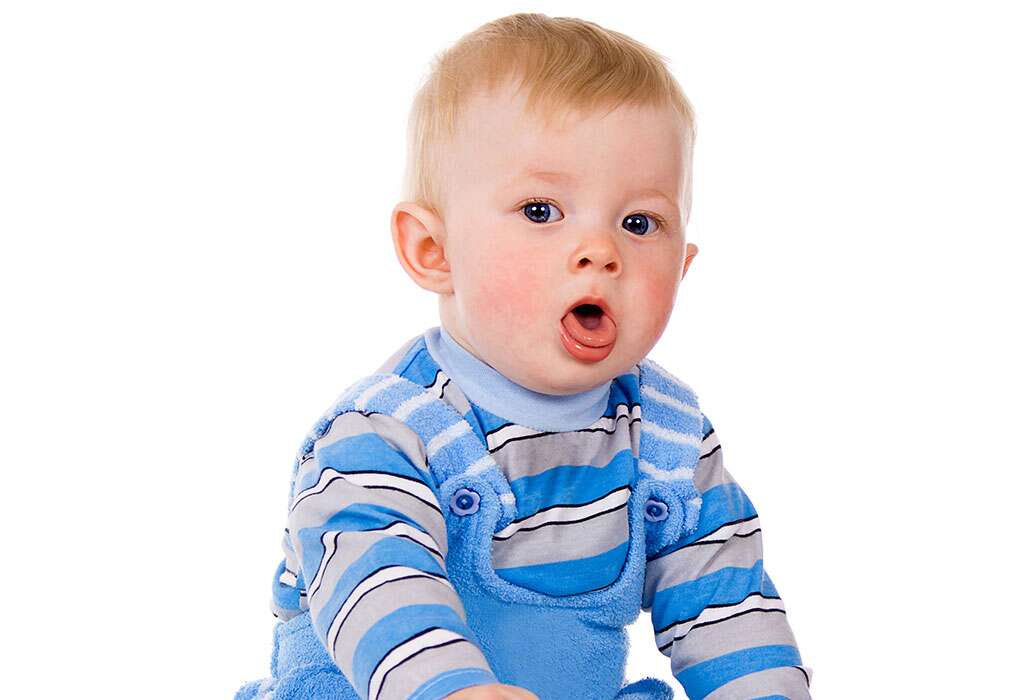
![]()
There are several times when your child’s behavior warms your heart but there are also times when their behavior can get you a little exasperated and frustrated. Toddlers tend to respond to anger and frustration with tantrums. As a toddler or preschooler, your child may lack the self-control to express anger peacefully and may naturally lash out, perhaps hitting or biting in frustration.
Tantrums are a common toddler behavior. While your toddler is much more capable than they were as infants, they don’t yet have the vocabulary to communicate all of their needs, and they still have little control over their environment. Those factors can cause a lot of frustration, and frustration can quickly give way to anger.
While occasional outbursts are normal―especially during temper tantrums―there are things you can do to shape your child’s behavior.
- Teach them the house rules:
Children don’t know the rules of the house until they’re taught them, so that is one of your important parenting responsibilities. Whenever children break an important rule, they should be reprimanded immediately, sternly but gently, to understand exactly what they have done wrong.
- Try to avoid issuing threats:
It is always more effective to positively reinforce desired behaviors and to teach children alternative behaviors rather than just threatening and punishing.
3. Try to Control your own temper:
Children unconsciously copy their parents so you might want to watch your behavior around your chilf. Always watch your own behavior around your child. One of the best ways to teach him appropriate behavior is to control your own temper. If you express your anger in quiet, peaceful ways, your child probably will follow your example.
Difference between Discipline and Punishment
Many parents believe that discipline and punishment mean the same thing even though they are not.
– Discipline is a way of teaching and a way of enhancing a good parent-child relationship. When you discipline, you should provide your child with praise along with instruction in a firm tone, with the intent of improving his or her behavior.
– Punishment is a negative, in which you’re dispensing an unpleasant consequence when your child does or doesn’t do something. Punishment is a part of discipline, but only a small part. Punishment should never replace discipline as it breeds more negative effects. Punishment tends to encourage fear in place of respect.
Until age three and sometimes later, children simply don’t understand the concept of punishment. Setting limits is a much better approach than punishment; most children will respond to clear, calm, and decisive limit-setting.

[…] Source link […]
[…] Source link Newborn News […]